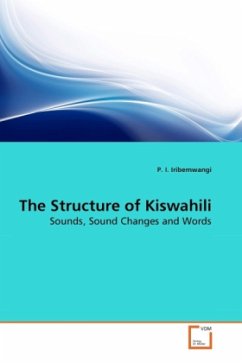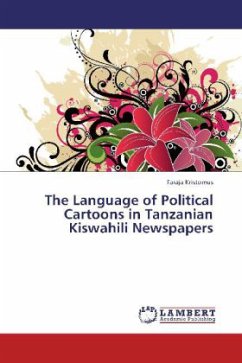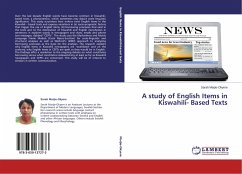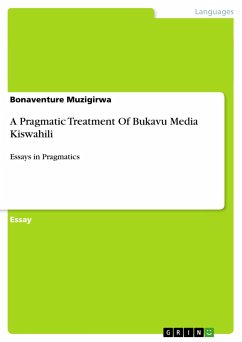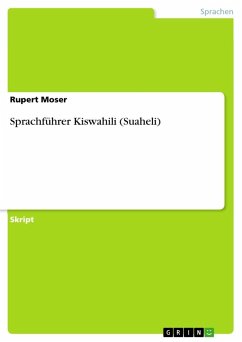Kiswahili has gained rapid growth and expansion in the world and in Africa in particular. In East Africa, it is the lingua franca - the language used in every day interactions by many people. Kiswahili is also used in schools and universities both as a medium of communication and as a subject. It is, therefore, important to understand the language at all its levels. Because the penetration of Kiswahili into diverse parts of the world and into scholarship does not have a very long history, there are many gaps and grey areas in the study of the language. This book aims at bridging one such gap. The thrust of the book is an examination of the sound changes that occur in Standard Kiswahili. The book explores these changes and posits rules for them. To do this, the book first makes an analysis of Standard Kiswahili sounds and lays down a phoneme inventory. The book also undertakes a comprehensive survey of Kiswahili nominal classes and further analyzes Kiswahili nouns and verbs in terms of their types and structures. This book is an invaluable reference material for high school students as well as both under-graduate and post-graduate students of Kiswahili and phonology.

